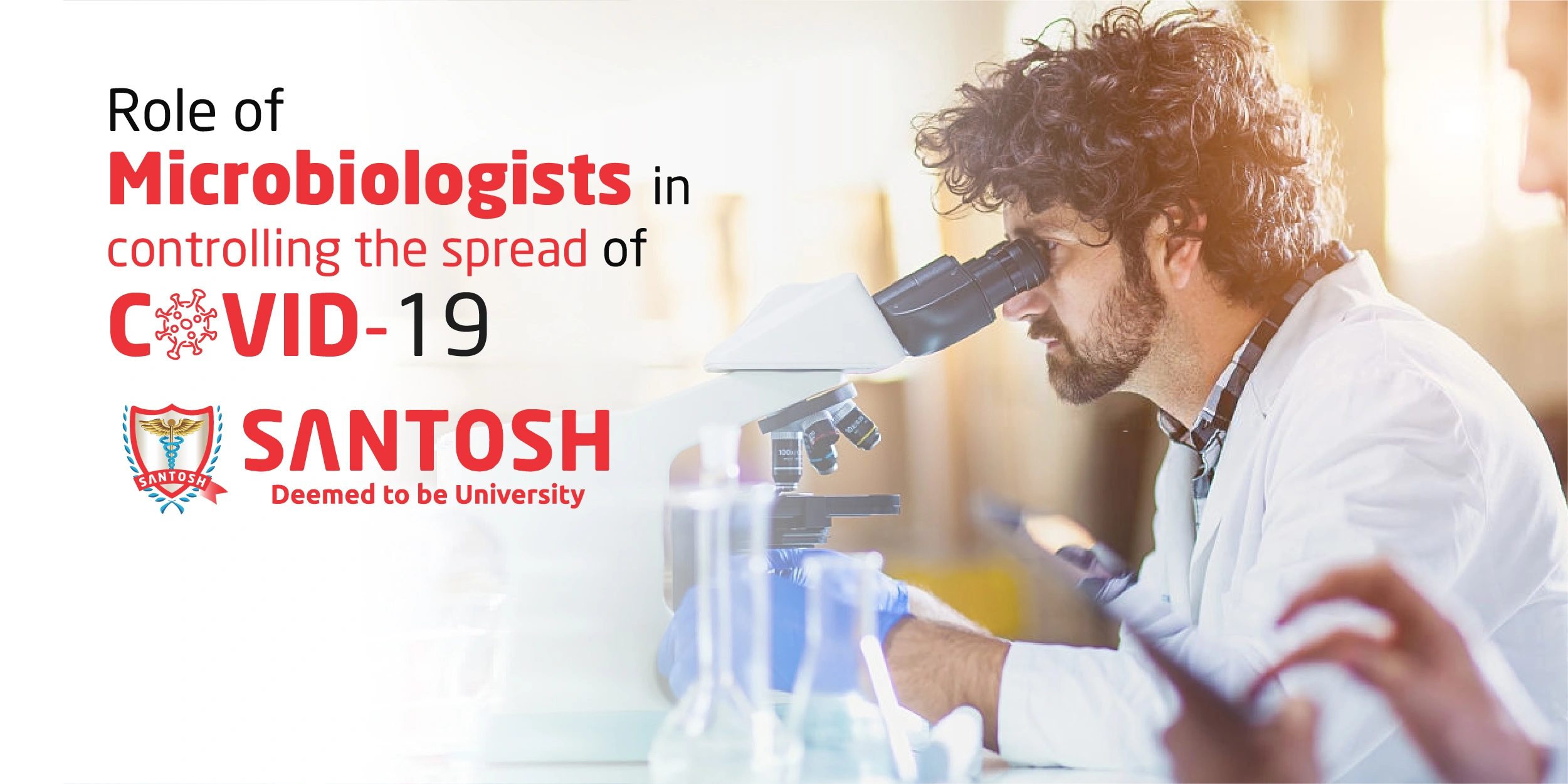
According to the Quality Control Microbiologist-, “Microorganisms are alive and ever-changing, keeping things interesting and always something new to discover and learn!
Microbiologists play a very important role in controlling the spread of infection in the community through early communication of clinically significant microbiological results (from patients samples) to clinicians, public health, and community medicine specialists. General practitioners in the community are also in regular communication with clinical microbiologists with regards to diagnostic interpretation, anti-infective therapeutic advice, and prophylactic issues (vaccination). The importance of a clinical microbiologist in the field of public health has been amply demonstrated by numerous pandemics/epidemics in India (Coronavirus, Influenza A H1N1, Poliomyelitis, Cerebral malaria, Plague, Dengue, Chikungunya). In the present moment, with the worldwide Pandemic of COVID -19, a lot of programs related to PPE( Donning & Doffing), Hand hygiene, Emerging Respiratory viruses, COVID -19 methods for detection, prevention, response and control programs like training of health care workers, sample collection are more effectively being tackled by Microbiologists and hence their role in many other diseases in our National Health Programmes could also be more effectively tackled by the Microbiologists.
In the past several months the COVID-19 outbreak has had a major impact on clinical microbiology laboratories. There are many challenges for the laboratory diagnosis of infections caused by SARS-CoV-2 and emphasis on the pre-analytical stage, collecting the proper respiratory tract specimen at the right time from the right anatomic site is essential for prompt and accurate molecular diagnosis of COVID-19. This also requires to keep laboratory staff safe while producing reliable test results. In the analytic stage, real-time RT-PCR assays remain the molecular test of choice for the etiologic diagnosis of SARS-CoV-2 infection while antibody-based techniques are being introduced as supplemental tools. Testing results should be carefully interpreted using both molecular and serological findings in the post-analytical stage. Finally, random access, integrated devices available at the point of care with scalable capacities will facilitate the rapid and accurate diagnosis and monitoring of SARS-CoV-2 infections, and greatly assist in the control of this outbreak.
In healing the patient the speed of diagnosis can play a crucial role. A major change is been witnessed today in clinical microbiology laboratories with technological advances such as molecular diagnostics, digital microbiology, and mass spectrometry. Several studies are showing that these changes in the microbiological diagnosis will reduce the time of generation of the test results, which has an obvious clinical impact.
However, if we look into the future, microbiologists will have to look into other new technologies that will cover the needs required for rapid microbiological diagnosis which are on the horizon.

